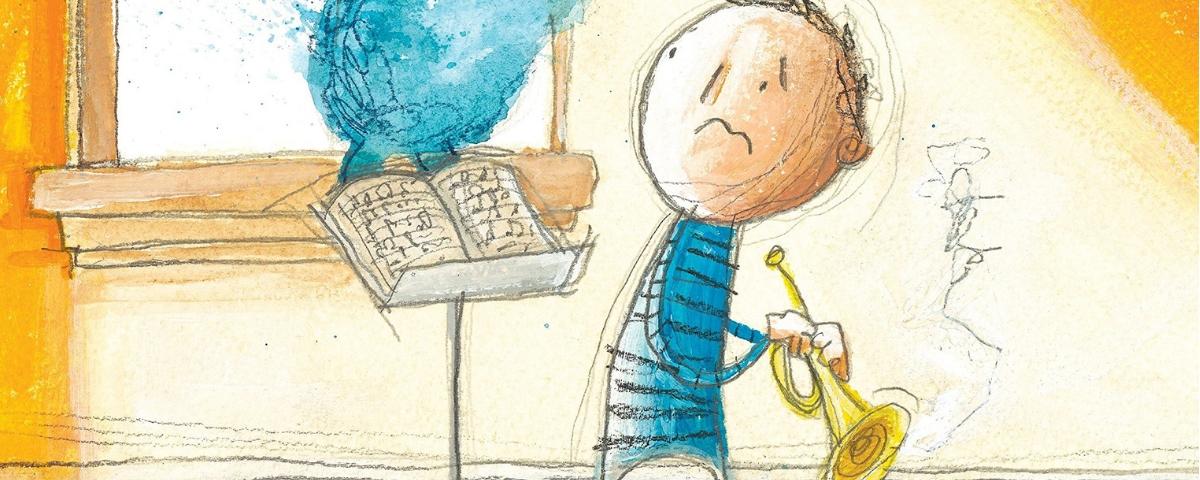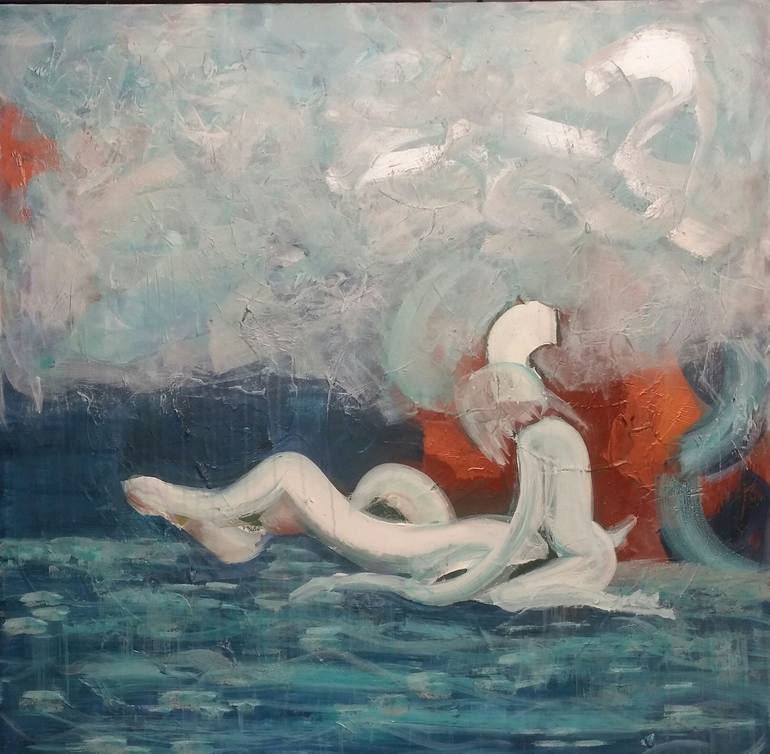Quotes I’ve Loved
Bit tired. Lazy dump.
“We all fear death and question our place in the universe. The artist’s job is not to succumb to despair, but to find an antidote for the emptiness of existence.” – Woody Allen, Midnight in Paris
“I believe that love that is true and real, creates a respite from death. All cowardice comes from not loving or not loving well, which is the same thing.” – Woody Allen, Midnight in Paris
“Pain and suffering are always inevitable for a large intelligence and a deep heart. The really great men must, I think, have great sadness on Earth.” – Fyodor Dostoyevsky, Crime and Punishment
“Love is not simply giving; it is judicious giving and judicious withholding as well. It is judicious praising and judicious criticizing. It is judicious arguing, struggling, confronting, urging, pushing and pulling in addition to comforting. It is leadership. The word ‘judicious’ means requiring judgment, and judgment requires more than instinct; it requires thoughtful and often painful decision-making.” – M. Scott Peck, The Road Less Travelled
“If prostitutes attract us so little, it is not because they are ugly or stupider than other women, it is because they are ready and waiting; because they already offer us precisely what we seek to attain… The secret to a long-lasting relationship is infidelity. Not the act itself, but the threat of it. For Proust, an injection of jealousy is the only thing capable of rescuing a relationship ruined by habit.” – Alain de Botton, How Proust Can Change Your Life

